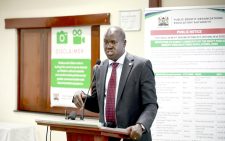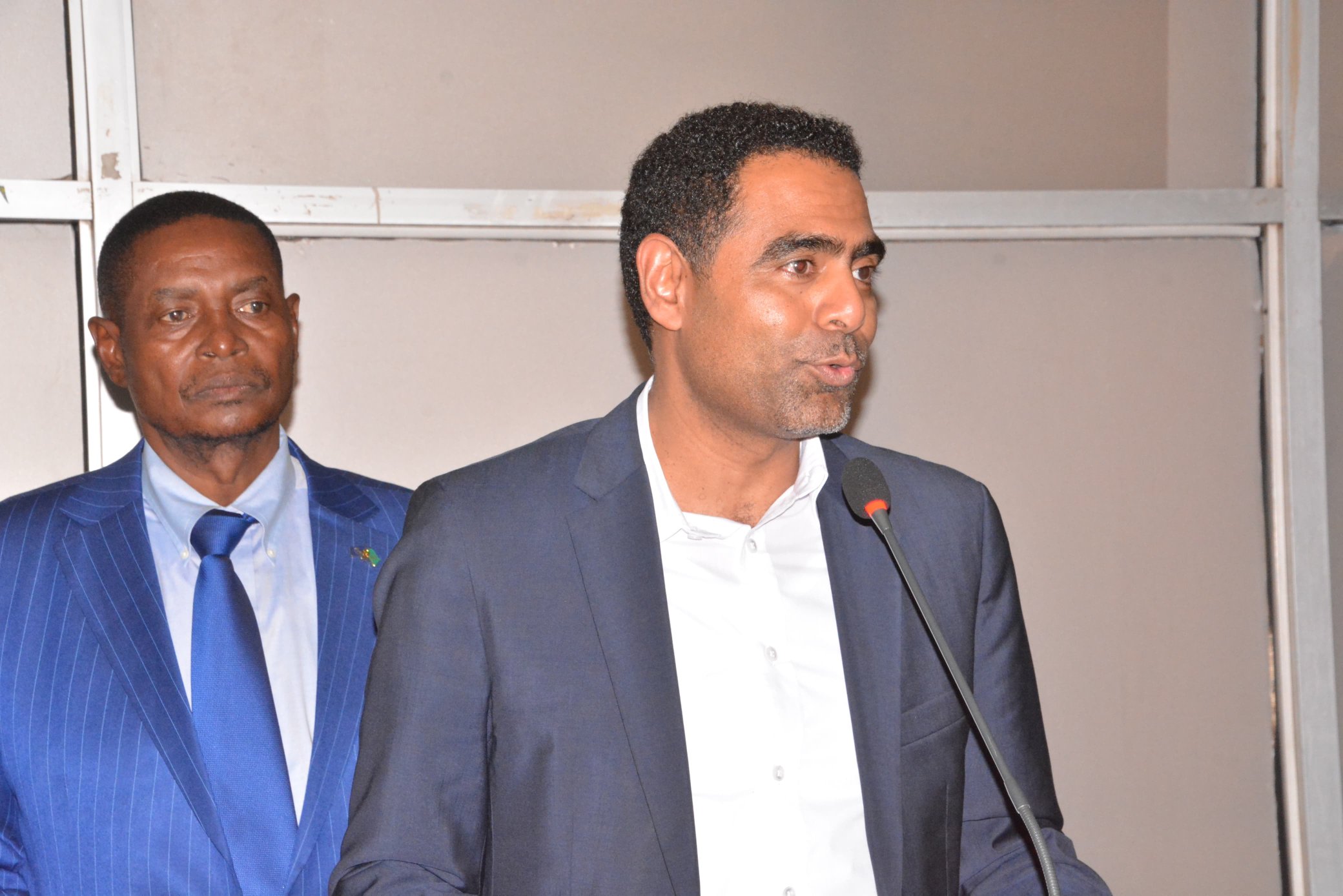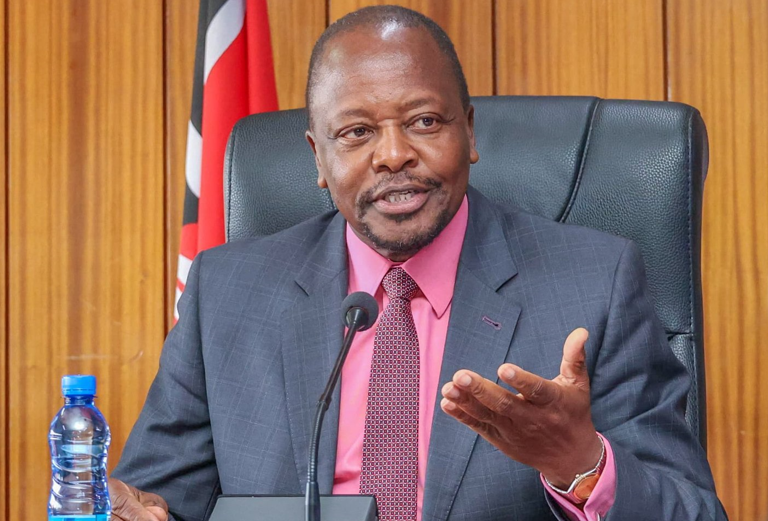State urges NGOs to engage locals in project execution

Communities must be empowered to be actively involved in the design and implementation of humanitarian programmes within their areas to foster accountability, transparency and efficiency in use of public resources.
The Ministry of Interior and the chairperson of the ChildFund Kenya Advisory Board Dr Lorna Sangale yesterday said there is need to increase reach, effectiveness and accountability in humanitarian action by transferring decision-making powers to local actors and complementing already existing local resources.
Since global development systems are being challenged to do more with fewer resources, it is imperative to shift power, resources, and decision-making to local actors, through a process commonly referred to as ‘localisation’.
“When development planning is rooted in local realities, communities are empowered to take ownership of the processes that shape their lives. It entails a conscious and strategic transfer of decision-making powers from traditional, international apparatuses to local communities, community-based organisations, and leadership structures,” Dr Sangale said.
Policies that work
According to the Internal Security Principal Secretary Dr Raymond Omollo, this decision-making power relates to all aspects of humanitarian action including what the services will be, who will lead and who will receive services, the timing of administration, the local area in which it occurs, and how the services are administered.
“Localisation is the process of tailoring development strategies, resources and decision-making frameworks to the specific needs, strengths, and aspirations of the local communities. It is about bringing development closer to people, by the people and for the people,” the PS said.
He added: “The approach allows for more effective response to the unique socio-economic and ecological challenges across our diverse counties. Each region in Kenya presents different development needs.”
Dr Sangale said there was an urgent need to redefine the development landscape by placing local actors at the centre of planning, decision-making, and implementation. “It is part of ChildFund’s global commitment to driving locally led, community-owned, and sustainable solutions that respond to the needs of children and communities,” she said.
Speaking during a meeting in Nairobi organised by the ChildFund Kenya and the Public Benefits Organisations Regulatory Authority (PBORA), Dr Sangale said when development planning is rooted in local realities, communities are empowered to take ownership of the processes that shape their lives.
The PBRA Director General Dr Laxmana Kiptoo alo said people who see and feel the direct impact of their voice are more likely to engage constructively and sustainably in nation-building.
The officials have also said the county government and local institutions should be empowered to ensure that policies are implemented with relevance, agility and impact. “It also supports inclusive economic growth. By promoting local enterprise, sourcing from community-based suppliers and nurturing grassroot innovation, we create jobs, stimulate local markets and build resilient economies,” PS Omollo said.
Small and medium enterprises (SMEs) thrive best when they are linked to localised value chain and supported by enabling local policies, the officials stated.
Dr Kiptoo said this development approach aligns well with the Public Benefits Organisations Act 2013, which was operationalised last year in May.
The three also said localisation enhances resilience in the face of crises, as witnessed during the Covid-19 pandemic and climate-related emergencies. “Communities with strong local governance and service delivery systems respond more swiftly and recover more sustainably,” PS Omollo said.
Local solutions
According to the PS, for Kenya to fully benefit from localisation, there must be increased fiscal decentralisation, building capacity in county governments, strengthening of local civil society and private sector networks, and robust data collection at the grassroots. “We must also enhance intergovernmental collaboration so that national and county governments operate in synergy, not in silos,” the PS said.
The programme dubbed ‘From Local Solutions to Global Impact: ChildFund Advancing Localisation for Sustainable Development in Kenya’ seeks to accelerate the localisation agenda for sustainable development. It brought together key stakeholders from government, the private sector, civil society, philanthropic foundations, and grassroots organisations. “This strategic convening aims to redefine the development landscape by placing local actors at the centre of planning, decision-making, and implementation,” she said.
The convening focuses on three key priorities including strengthening local ownership and accountability by promoting inclusive partnerships, long-term engagement, and co-created solutions with communities.
Others are breaking down systemic barriers that hinder direct funding, representation, and capacity development for local organisations, and proposing actionable reforms to overcome them; and identifying and scaling community-driven innovations into national development frameworks to ensure they influence policy and deliver long-term impact.













